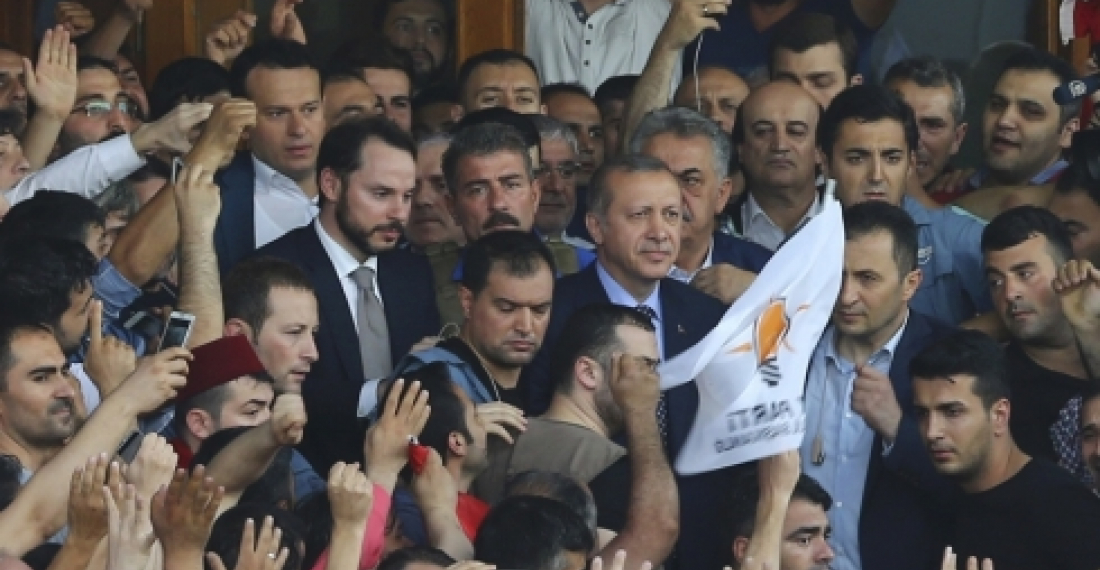Turkish President Recep Erdogan has addressed supporters at Ataturk airport in Istanbul, following a failed coup attempt last night by factions of the armed forces. "What is being perpetrated is a treason and a rebellion. They will pay a heavy price,” he said after returning from the resort town of Marmaris.
"Shortly after I left [Marmaris] I have been told they bombed the locations where I was," Erdogan told reporters. "I assume they thought I was still there when they bombed those places."
Turkish prime minister Binali Yidrim said the situation is “fully under control” and commanders loyal to the government are in charge after the coup attempt on Friday night, which he called a “black stain for Turkish democracy”.
Yidrim was instated as prime minister in May after the resignation of Ahmet Davutoglu, who left after disagreeing with President Erdogan’s attempts to increase his own executive powers. There have been suggestions that the death penalty will be reinstated in Turkey for those charged with treason. Yidrim said plotters will “face the justice they deserve”.
More than 160 people have been killed according to the prime minister. Almost 3,000 military figures have been arrested, including some high ranking officers.
Federica Mogherini, the European Union's foreign policy chief, condemned the violence and said the European Union supports Turkey’s democratic institutions. German Chancellor Angela Merkel voiced similar sentiments. “The bloodshed in Turkey must stop now," she said in Berlin.
Turkish media is reporting that General Akin Ozturk, former commander of the Turkish Air Force, and Lieutenant-General Metin Iyidil, orchestrated the coup attempt.
"The United States, without any hesitation, squarely and unequivocally stands for democratic leadership, for the respect for the democratically elected leader and for constitutional process with that regard,” said US Secretary of State John Kerry.
Religious leaders in Turkey have also condemned the events of Friday night, with Muslim, Christian and Jewish leaders declaring their “great sorrow over the terrorist attacks that disturb the peace of our great nation and of the world”.
Fethullah Gülen, a US-based cleric critical of Erdogan, has strongly denied any involvement in the coup attempt.
SOURCE: commonspace.eu and agencies
PHOTO: Erdogan surrounded by supporters at the Ataturk Airport in Istanbul [Huseyin Aldemir/Reuters]






